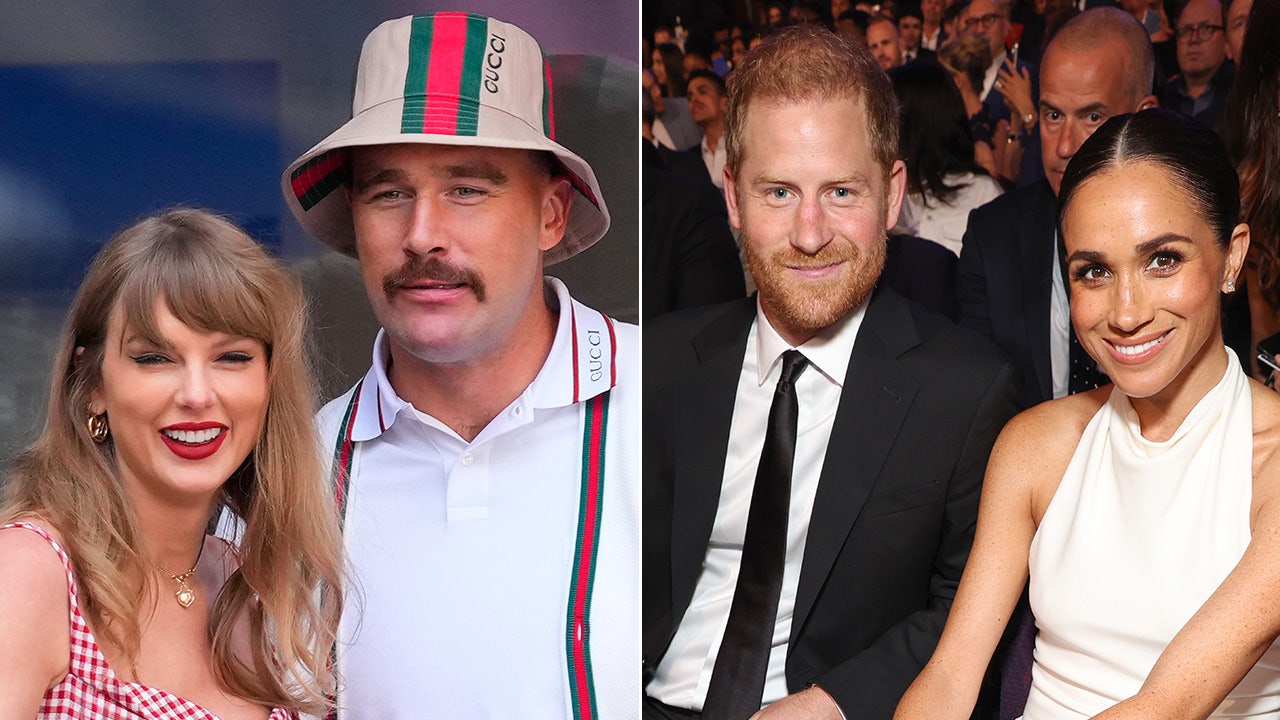What began as a minor public relations issue for Prince Harry has now escalated into a sensational international spectacle.
This unfolding drama is not only captivating audiences but also revealing the deep-seated tensions between the British monarchy and a sizable segment of the American populace.
At the core of this controversy is the critical question: Did Prince Harry fully disclose his history with drug use on his U.S. visa application?
In his memoir, “Spare,” Harry openly discusses his past experiences with substances like cocaine, cannabis, and psychedelic mushrooms.
This candid admission has become a focal point for the Heritage Foundation, a conservative think tank that is now pushing for the release of Harry’s immigration records.
They argue that any misrepresentation in his application could lead to the revocation of his visa and potential deportation.
Adding fuel to the fire, former President Donald Trump has seized upon this situation, using it as a campaign tool for the upcoming 2024 elections.
His thinly veiled threats regarding Harry’s visa status have injected a volatile element into the narrative.
This is particularly intriguing given Harry’s past criticisms of Trump, labeling him a sociopath with blood on his hands.
The stark contrast between Trump’s implied threat of deportation and Harry’s relatively smooth visa acquisition raises questions about privilege and the fairness of immigration laws.
The legal battle surrounding the release of Harry’s visa application highlights a significant tension between public interest and individual privacy.
A federal judge had previously ruled against making the documents public, citing insufficient public interest.
However, the renewed controversy has sparked discussions reminiscent of other high-profile cases, such as that of Nigella Lawson, who faced visa denials for similar drug-related admissions.
This comparison stirs perceptions of hypocrisy and double standards, further igniting public sentiment.
On another front, Harry’s political engagements in the U.S. have complicated matters further.
His financial contributions to Ashley Biden’s nonprofit and his close ties with liberal figures have alienated many conservative Americans.
Critics accuse him of meddling in U.S. politics and undermining core American values, painting him as a figure seeking to influence the political landscape from within.
As expected, the internet is buzzing with divided opinions.
Some dismiss the entire saga as trivial, arguing that Harry’s celebrity status shouldn’t warrant such intense scrutiny.
Meanwhile, others eagerly anticipate a potential intervention from Trump, imagining dramatic social media moments filled with cryptic tweets and hints of imminent action.
Speculation is rampant regarding how Harry secured his visa.
Did he leverage connections with Tyler Perry and his private jet, bypassing standard visa requirements?
Or were there undisclosed dealings with the Biden administration?
The lack of transparency only adds to the intrigue.
The ramifications of possible deportation are hotly debated.
Some speculate that King Charles might secretly welcome such an outcome, viewing it as a chance to distance the royal family from Harry’s controversial actions.
Conversely, others suggest that deportation could serve as a new beginning for Harry, allowing him to redefine his identity, perhaps even establishing himself as a leader in a new community—ironically reclaiming a sense of sovereignty outside the British monarchy’s shadow.
Regardless of the outcome—whether Harry stays in the U.S. or faces deportation—this saga shows no signs of fading away.
It underscores the complex interplay of celebrity culture, politics, immigration law, and the pervasive influence of social media in shaping public opinion and fueling international discourse.
Related Stories

